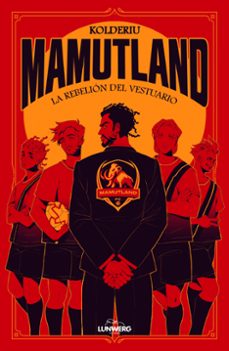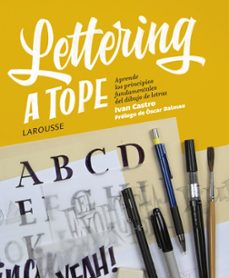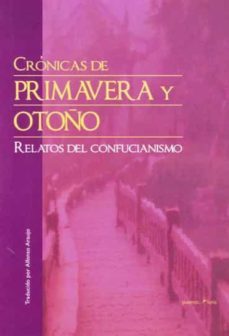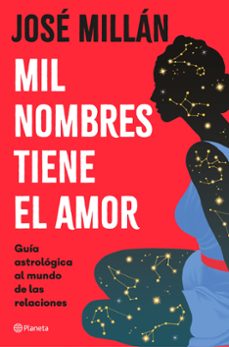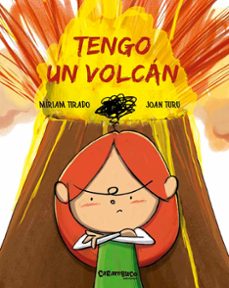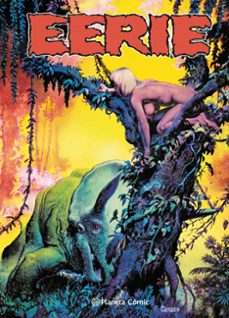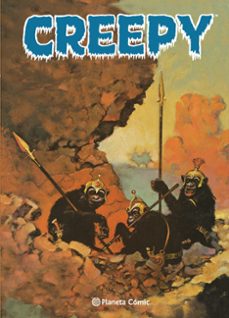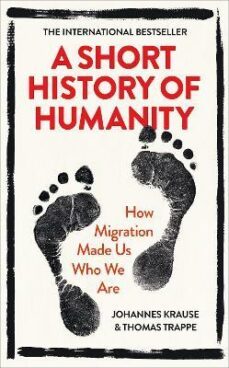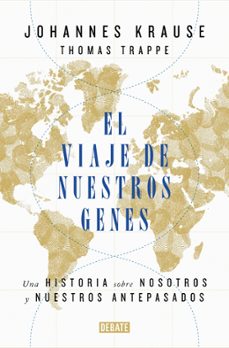Imprescindibles
Ficción
No Ficción
Ciencias y tecnología Biología Ciencias Ciencias naturales Divulgación científica Informática Ingeniería Matemáticas Medicina Salud y dietas Filología Biblioteconomía Estudios filológicos Estudios lingüísticos Estudios literarios Historia y crítica de la Literatura
Humanidades Autoayuda y espiritualidad Ciencias humanas Derecho Economía y Empresa Psicología y Pedagogía Filosofía Sociología Historia Arqueología Biografías Historia de España Historia Universal Historia por países
Infantil
Juvenil
#Jóvenes lectores Narrativa juvenil Clásicos adaptados Libros Wattpad Libros Booktok Libros de influencers Libros de Youtubers Libros Spicy Juveniles Libros LGTBIQ+ Temas sociales Libros ciencia ficción Libros de acción y aventura Cómic y manga juvenil Cómic juvenil Manga Shonen Manga Shojo Autores destacados Jennifer L. Armentrout Eloy Moreno Nerea Llanes Hannah Nicole Maehrer
Libros de fantasía Cozy Fantasy Dark academia Hadas y Fae Romantasy Royal Fantasy Urban Fantasy Vampiros y hombres lobo Otros Misterio y terror Cozy mistery Policiaca Spooky Terror Thriller y suspense Otros
Libros románticos y de amor Dark Romance Clean Romance Cowboy Romance Mafia y amor Romance dramatico Romcom libros Sport Romance Otros Clichés Enemies to Lovers Friends to Lovers Hermanastros Slow Burn Fake Dating Triángulo amoroso
Cómic y manga
Novela gráfica Novela gráfica americana Novela gráfica europea Novela gráfica de otros países Personajes, series y sagas Series y sagas Star Wars Superhéroes Cómics DC Cómics Marvel Cómics otros superhéroes Cómics Valiant
eBooks
Literatura Contemporánea Narrativa fantástica Novela de ciencia ficción Novela de terror Novela histórica Novela negra Novela romántica y erótica Juvenil Más de 13 años Más de 15 años Infantil eBooks infantiles
Humanidades Autoayuda y espiritualidad Ciencias humanas Economía y Empresa Psicología y Pedagogía Filosofía Historia Historia de España Historia Universal Arte Cine Música Historia del arte
Ciencia y tecnología Ciencias naturales Divulgación científica Medicina Salud y dietas Filología Estudios lingüísticos Estudios literarios Historia y crítica de la Literatura Estilo de vida Cocina Guías de viaje Ocio y deportes
Johannes Krause
Recibe novedades de JOHANNES KRAUSE directamente en tu email
Filtros
Del 1 al 3 de 3
VIRGIN PUBLISHING LTD. 9780753554944
Humanity has often found itself on the precipice. We've survived and thrived because we've never stopped moving... 'Stops you dead in your tracks ...An absolute revelation' Sue Black, bestselling author of All That RemainsIn this eye-opening book, Johannes Krause, Chair of the Max Planck Institute for the History of Humanity, offers a new way of understanding our past, present and future. Marshalling unique insights from archaeogenetics, an emerging new discipline that allows us to read our ancestors' DNA like journals chronicling personal stories of migration, Krause charts two millennia of adaption, movement and survival, culminating in the triumph of Homo Sapiens as we swept through Europe and beyond in successive waves of migration - developing everything from language, the patriarchy, disease, art and a love of pets as we did so. We also meet our ancestors, from those many of us have heard of - such as Homo Erectus and the Neanderthals - to the wildly unfamiliar but no less real: the recently discovered Denisovans, who ranged across Asia and, like humans, interbred with Neanderthals; the Aurignacians, skilled artists who, 40,000 years ago, brought about an extraordinary transformation in what our species could invent and create; the Varna, who buried their loved ones with gold long before the Pharaohs of Egypt did; and the Gravettians, big game hunters who were Europe's most successful early settlers until they perished in the face of the toughest opponent humanity had ever faced: the ice age.As well as being a radical new telling of our shared story, this book is a reminder that the global problems that keep us awake at night - climate catastrophe; the sudden emergence of deadly epidemics; refugee crises; ethnic conflict; over-population - are all things we've faced, and overcome, before.
Ver más
Tapa dura
VIRGIN PUBLISHING LTD. 9780753554951
Humanity has often found itself on the precipice. We've survived and thrived because we've never stopped moving...In this eye-opening book, Johannes Krause, Chair of the Max Planck Institute for the History of Humanity, offers a new way of understanding our past, present and future.Marshalling unique insights from archaeogenetics, an emerging new discipline that allows us to read our ancestors' DNA like journals chronicling personal stories of migration, Krause charts two millennia of adaption, movement and survival, culminating in the triumph of Homo Sapiens as we swept through Europe and beyond in successive waves of migration - developing everything from language, the patriarchy, disease, art and a love of pets as we did so.We also meet our ancestors, from those many of us have heard of - such as Homo Erectus and the Neanderthals - to the wildly unfamiliar but no less real: the recently discovered Denisovans, who ranged across Asia and, like humans, interbred with Neanderthals; the Aurignacians, skilled artists who, 40,000 years ago, brought about an extraordinary transformation in what our species could invent and create; the Varna, who buried their loved ones with gold long before the Pharaohs of Egypt did; and the Gravettians, big game hunters who were Europe's most successful early settlers until they perished in the face of the toughest opponent humanity had ever faced: the ice age.As well as being a radical new telling of our shared story, this book is a reminder that the global problems that keep us awake at night - climate catastrophe; the sudden emergence of deadly epidemics; refugee crises; ethnic conflict; over-population - are all things we've faced, and overcome, before.
Ver más
Tapa blanda
DEBATE 9788418006685
¿QUÉ DICEN NUESTROS GENES SOBRE LA ESPECIE HUMANA? ¿PODEMOS SABER DE DÓNDE VENIMOS? ¿EXISTEN LAS "PERSONAS NATIVAS"? ¿QUÉ ROL JUGÓ LA MIGRACIÓN EN LA EVOLUCIÓN? BESTSELLER DEL DIARIO ALEMÇN DER SPIEGEL El campo de la arqueogenetica esta experimentando una tremenda revolucion cientifica. Una nueva generacion de maquinas de secuenciacion de ADN esta permitiendo desentrañar los secretos ocultos de nuestros origenes, y estos descubrimientos estan transformando el mapa de la evolucion humana. En El viaje de nuestros genes, Johannes Krause, lider indiscutible de esta disciplina, pone a disposicion del lector un analisis minucioso de los ultimos avances y, con su coautor, el periodista Thomas Trappe, los vincula a los debates politicos actuales en torno a la migracion y los reasentamientos masivos, demostrando que estan lejos de ser un fenomeno moderno y argumentando que en la sociedad global esta la clave hacia el progreso, sobre todo para Europa. Ademas de responder a una serie de preguntas universales con datos practicamente irrefutables y relatar desde el descubrimiento de un nuevo eslabon humano hasta el desarrollo de las lenguas indoeuropeas, pasando por la adaptacion evolutiva a la lactosa, este
Ver más
Tapa blanda
Del 1 al 3 de 3

